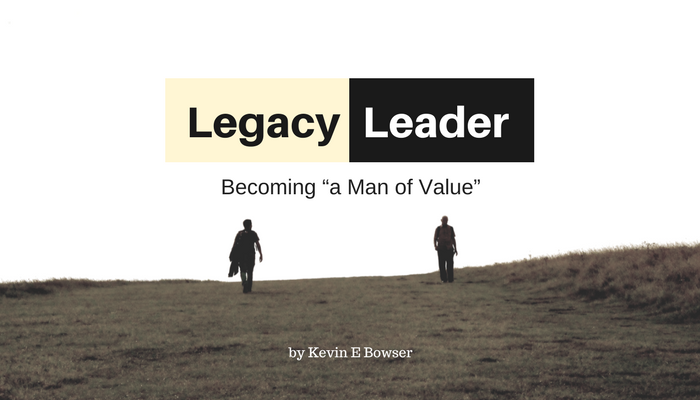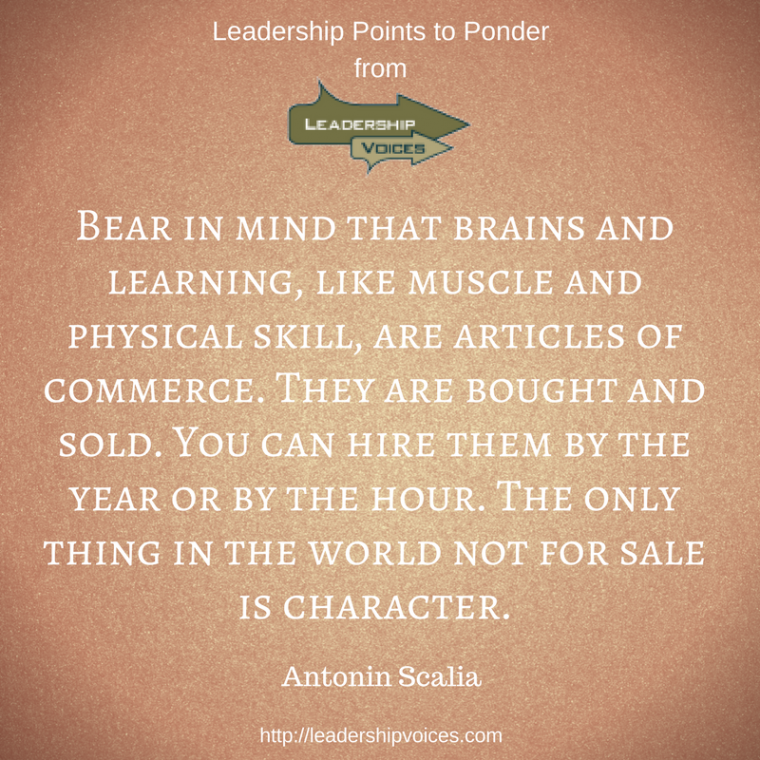One of the great things about being involved in leadership development and coaching is the opportunity to be constantly learning and developing your own skills in these areas. They say that “you teach that which you need to learn the most.” Although I don’t really subscribe to that theory, there is a thread running through it that resonates within me because of the learning that often goes along with the teaching.
If you’re like most of us, you have probably noticed the buzz word “Coaching” being thrown around a lot in the corporate world. I am a leadership coach. But what does it actually mean? Sometimes when dealing with abstract concepts it is easier to define it by describing what it is not.
What it is not!
Coaching is not leading. Leadership Voices, LLC is all about leadership and about the many ways that leadership is defined and employed. And great leaders will often provide guidelines and advice on how to succeed in certain areas. Typically they will be seeking to help you reach a certain goal, or they wish to rally you and your colleagues to reach this shared goal. Great leaders will often also be great coaches; however, it is still important to understand the differences in the conversations with them.
Coaching is not mentoring. If you’ve ever been a coach or have been coached, and the conversation has steered towards advice on technical or job-specific concepts, then you aren’t being coached – you are being mentored. Mentoring is defined as, “A situation where a senior or more experienced individual is assigned to act as an advisor, counselor or guide’’ (Business Directory, 2014). Yes, mentoring is crucial in any role, however, it is equally as important to understand what mentoring is and why it is being done.
Coaching is not managing. If your manager provides a coaching session for you, and gives you advice on ways to perform your role in a greater capacity, gives you ideas on how to make your sales quota, or tells you how to achieve KPIs, then you are being managed. And if your manager does this with you frequently and an in a positive way, then you have a great manager. However, a great manager is not necessarily a great coach. It’s not that they are bad at what they are doing – quite the opposite. It’s just that they are doing what they are employed to do – manage their team members and ensure that they deliver on the targets set by their own manager.
So, what is coaching?
Click here to read the rest of the article »











